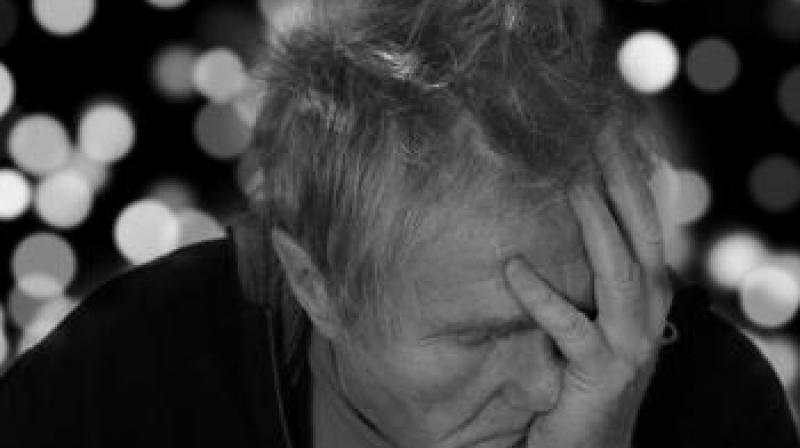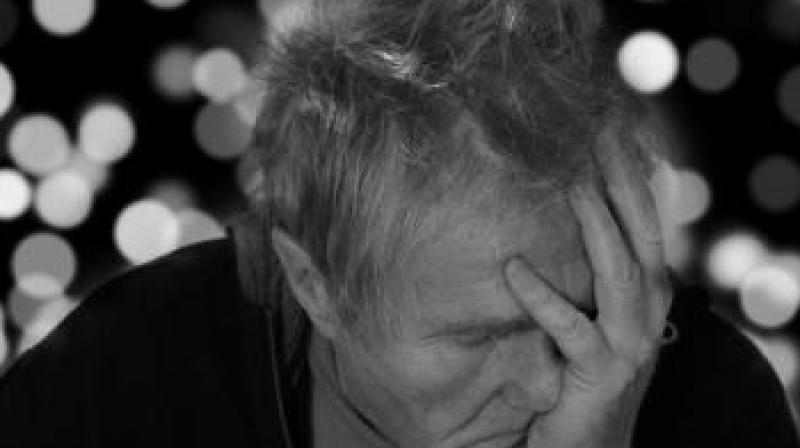

CHENNAI: Alzheimer’s disease, a very common old age disease affects around four million people in India as per the latest dementia fact sheet released by the World Health Organisation. In spite of affecting a large population, no specific cure has been found for Alzheimer’s disease till date in spite of many types of research. On World Alzheimer’s Day, medicos discuss the risk factors and preventive strategies for the disease.
With a higher risk of Alzheimer with ageing in an individual, a large population remains unaware of preventive factors such as control on body mass index, balanced cholesterol level and increased physical activity.
According to a study by the World Health Organisation, it has been found that there is a constant increase in cases of Alzheimer’s every three seconds and doctors blame it on poor dietary habits and unconventional lifestyle.
“Low physical activity not only leads to obesity, but adds to the risk factors of Alzheimer’s disease over a large span of time. Keeping the body physically active for 150 minutes a week reduces the risk of Alzheimer’s. Though genetic factors form a large part of risk factors of the disease, keeping the brain active like solving puzzles, reading, writing, learning new things can be effective against Alzheimer’s,” said Dr Dinesh Nayak, senior neurologist, Fortis Malar.
“Head injuries cause Alzheimer’s, which later leads to dementia at a comparatively early age. Therefore, head injuries should be avoided, especially by encouraging the use of helmets while driving, but youngsters ignore such practices”, he adds.
Various reports suggest that a control on our blood pressure, Body Mass Index (BMI), cholesterol can be established by proper diet, which are the major risk factors for prevention of the disease.
Usually, relatives don’t identify Alzheimer’s at earlier stages affects short-term memory, but when it progresses further it affects long-term memory too.
“Improving social activity can also improve the quality of life of Alzheimer’s patients by reality orientation therapy- repeatedly giving these patients basic information like time, date, names, using orientation aids like placing big calendars, clocks, door signs mentioning room names at home,” said Dr Vivian Kapil, psychiatrist, SIMS Hospital.
[“Source-deccanchronicle”]



